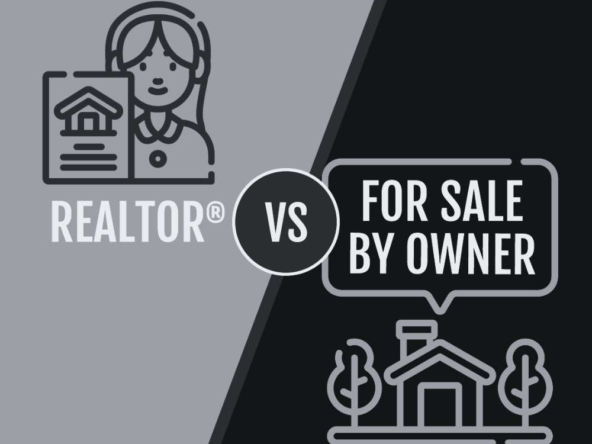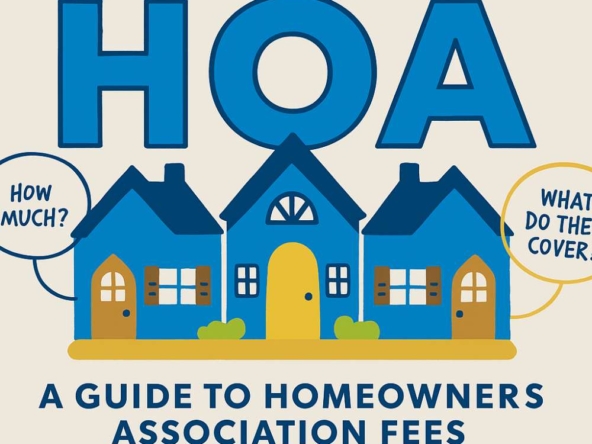Las Vegas is a popular destination for property investors and landlords due to its thriving tourism industry and growing population. However, landlords must comply with various legal requirements and regulations before renting out a property in Las Vegas. Understanding these requirements is crucial to avoid legal issues and ensure a smooth rental process.
1. Licensing and Permits
In Las Vegas, rental property owners must obtain a business license from the city or county where the property is located. Additional permits and approvals for short-term rentals (such as Airbnb properties) are required. Clark County has specific restrictions on short-term rentals, so landlords should verify compliance before listing their properties.
2. Tenant Screening and Fair Housing Laws
Nevada follows federal Fair Housing Laws, prohibiting discrimination based on race, colour, religion, sex, disability, familial status, or national origin. Landlords must ensure their tenant screening process is fair and complies with these laws. Background checks, credit reports, and rental history evaluations are standard practices in Las Vegas.
3. Lease Agreements
A written lease agreement is essential for both landlords and tenants. In Las Vegas, lease agreements should outline rent amounts, due dates, security deposits, maintenance responsibilities, and rules regarding pets and subletting. It is advisable to have lease agreements reviewed by a legal professional to ensure compliance with Nevada rental laws.
4. Security Deposits and Rent Control
Nevada law does not impose rent control, allowing landlords to set rental prices freely. However, security deposits are regulated—landlords cannot charge more than three months’ rent as a security deposit. Additionally, security deposits must be returned within 30 days of a tenant moving out, with an itemized list of any deductions.
5. Property Maintenance and Safety Standards
Landlords in Las Vegas must maintain their rental properties in a habitable condition. This includes providing proper plumbing, heating, electricity, and ensuring the property is free from health hazards. Regular inspections and timely repairs are necessary to comply with Nevada’s landlord-tenant laws.
6. Eviction Process
If a tenant fails to pay rent or violates the lease agreement, landlords must follow the legal eviction process. Nevada law requires landlords to provide a notice period before filing for eviction. The standard notice for non-payment of rent is seven days. Proper legal procedures must be followed to avoid tenant disputes and potential legal action.
Conclusion
Owning and renting out property in Las Vegas can be profitable, but landlords must adhere to local laws and regulations. Ensuring compliance with licensing, fair housing laws, lease agreements, and maintenance requirements will help landlords operate successfully while protecting their investments.
Get in touch today LV Realtors to find out what we can do to make your real estate goals a reality. Feel free to call: (702) 688-3508.
Helpful Links
Here are a few helpful links that may assist in your search for a Las Vegas homes for sale:
- Assumable Mortgage listings in Las Vegas
- Home Cash Offer
- Las Vegas MLS Real Estate
- Seller Home Financing in Las Vegas
- Relocation to Las Vegas
- Las Vegas Short Sale
- Las Vegas Foreclosures
- Best Neighborhoods in Las Vegas Vegas
- Las Vegas Master Planned Communities
- Gated Communities in Las Vegas
- Summerlin Homes for Sale
- Green Valley homes for sale
- Macdonald highlands homes for sale
Richard Slezak, Las Vegas Realtor®

Agent License: S.0201790
Call: (702) 688-3508
MAIL: richardslezak@gmail.com
Address: 2298 W Horizon Ridge Pkwy #114, Henderson, NV 89052, USA






